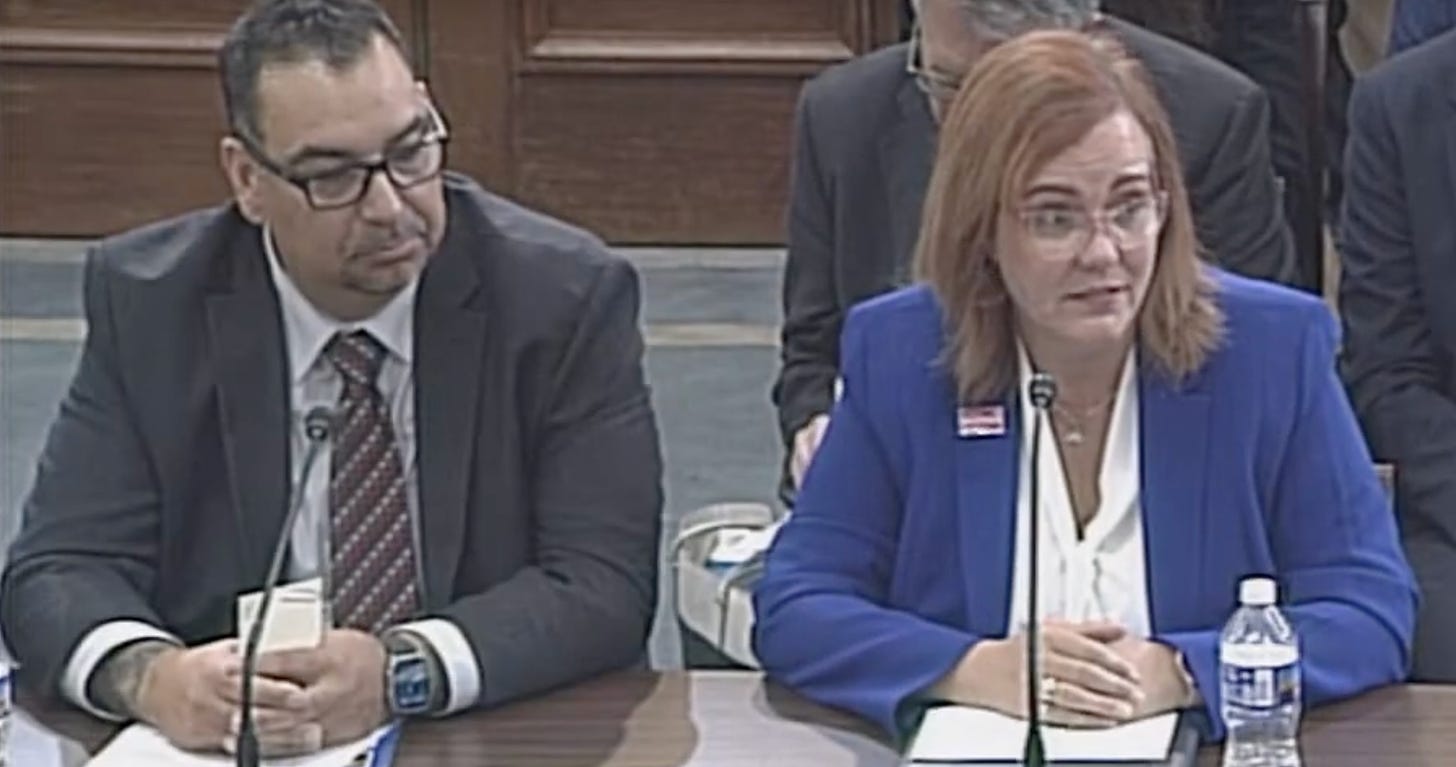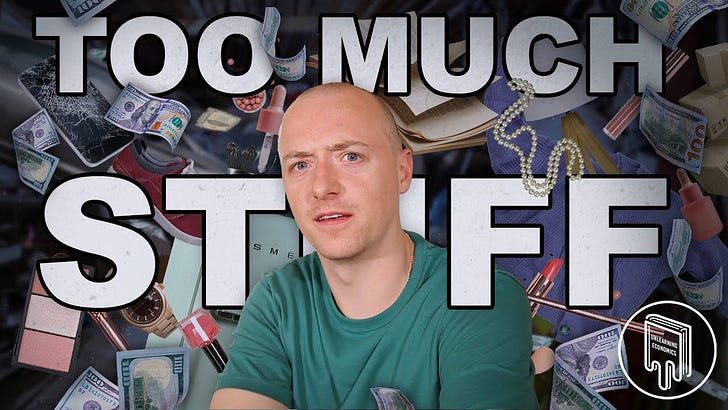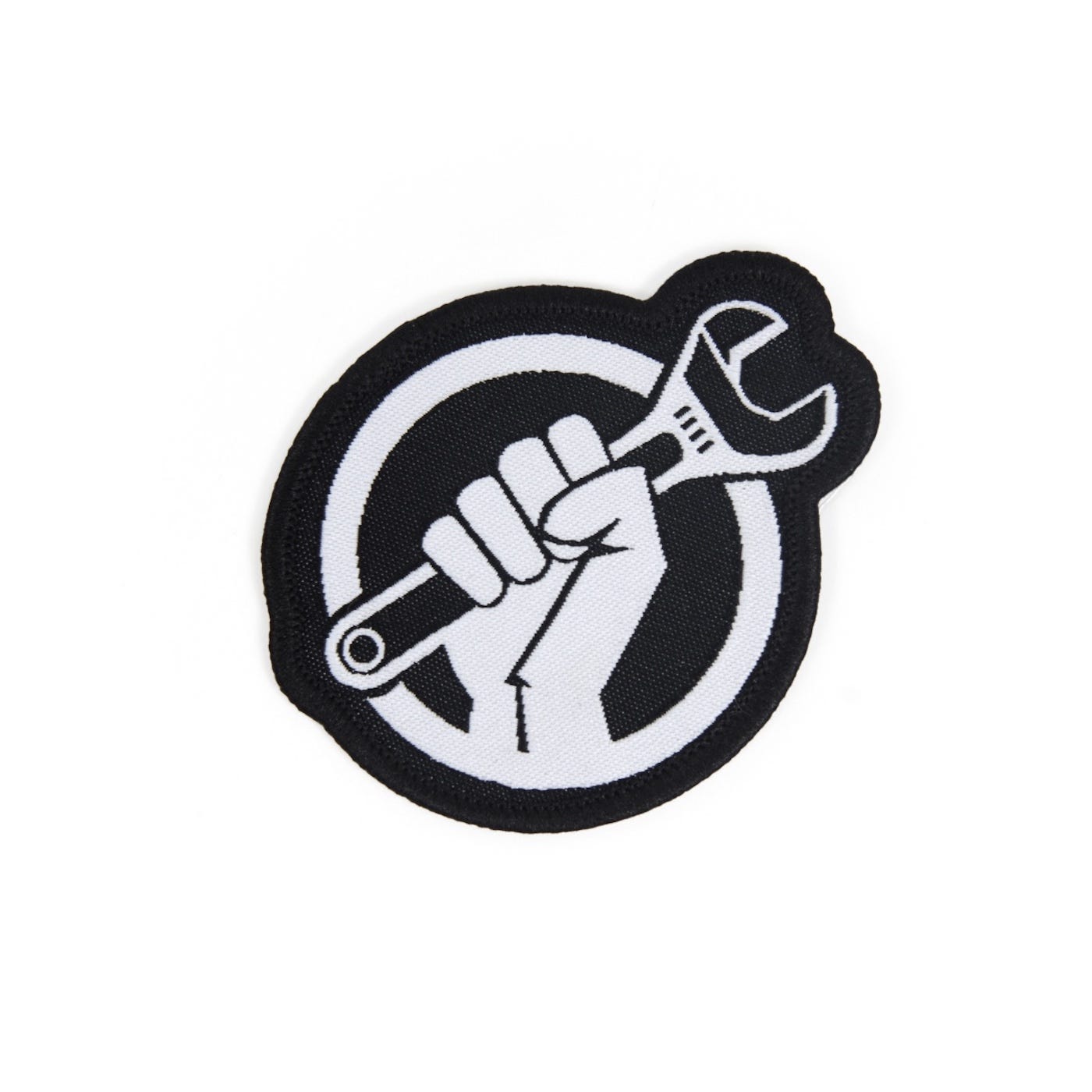The Tricky Economics of Obsolescence
Economist says repair offers concrete answers to obsolescence. Plus: Apple ends support for first generation Apple Watches (even the $17,000 gold versions) after just 8 years!
The term planned obsolescence is a dirty word. It conjures images of smoke-filled rooms of corporate leaders scheming for more profits and purposely designing shoddy products. It has happened exactly like this in the past1, but how obsolescence works in today’s world is a bit more complicated, and so too are the answers for ridding ourselves of it.
This week, economist and YouTuber who uses the handle Unlearning Economics released an hour-long video essay trying to get to the bottom of planned obsolescence. In his video, he suggests that while it's possible to assign some blame for obsolescence to various actors, he emphasizes that obsolescence is rooted in our economic systems. In other words, focusing solely on eliminating planned obsolescence without addressing larger systemic issues would be overlooking the bigger picture—and wouldn’t address the other significant challenges present in our late-capitalist world.
Unlearning obsolescence
The phrase “planned obsolescence” was popularized by American industrial designer Brooks Stevens in the 1950s and reflected an explicit strategy by manufacturers to design and market products with a limited lifespan, encouraging consumers to buy replacements more frequently.2
And while companies continue to get caught juicing their profits by shortening product lifespans, this doesn’t mean that all disposability is the same. There are plenty of single-use products that have raised living standards across the globe. Think: syringes, BandAids, or tampons. But there is a clear difference between the value brought by these types of disposable products and the low quality, disposable electronics sold to us each year. And as time passes the problem of throw-away culture is getting worse, not better. That’s because planned obsolescence is a feature, not a bug, as Unlearning Economics reminds us.
“Despite ripping us off, producing massive waste, destroying the environment… none of us can get off the treadmill [of planned obsolescence] we've collectively created. Planned obsolescence isn't capitalism failing. Its capitalism working.”
Some governments are starting to take action. France passed a law targeting planned obsolescence. And this month, lawmakers in the National Assembly in the province of Quebec introduced a bill targeting the practice there.
But moving beyond our throw-away tendencies is difficult. There are serious economic considerations like recessions and unemployment that could ensue if we slowed production drastically—which is more a problem with our economic systems than ditching our habit of disposability. The video sites how difficult France is finding it to enforce its law as a prime example of how entrenched these problems are into our legal and economic status quo.
The right to repair movement however draws praises in the video for it’s tangible and tactical approach. While right to repair might at first seem simple—parts, tools, and information to make things last longer—it is also a powerfully simple way to understand big problems. Repair activities offer a practical and relatable lens through which people can grasp the larger societal and environmental issues related to consumerism, waste, and sustainability.
Repairing products involves taking concrete actions to extend the lifespan of goods, which, in turn, allows individuals and communities gain insight into the negative consequences of our disposable culture and the environmental impact of rapid product turnover. Repair offers us a hands-on way to more deeply understand these broader economic issues perpetuating planned obsolescence.
Other news
Apple declared its first-gen Apple Watch obsolete, including its 18-karat gold models which originally retailed at $17,000. This means watches will no longer receive repair support or software updates, and the unofficial leak of this news comes just after the company announced their new line of carbon-neutral smart watches.

Google caps Pixel 8 support at seven years. Speaking of short life spans…8 years is actually longer than Google plans to support its new Pixel 8 and Pixel 8 Pro phones - which come out this month. The company said it would provide software, security and feature updates for just seven years, until October 2030.
Lenovo: 80% of devices will be repairable by 2025 - Electronics maker Lenovo aims for over 80% device repairability and repair parts recyclability by 2025, contributing to a circular economy and reducing environmental impact. They plan to enable on-site repairs for batteries, SSDs, and more. The announcement was made by Luca Rossi, a Senior Vice President at Lenovo at the Canalys EMEA Forum 2023. Rossi was discussing the company’s commitment to achieving a net-zero emission policy by 2050.
Right to repair is gaining steam in states and on Capitol hill. The Washington Examiner reports on progress towards winning a legal right to repair, with state and federal efforts and even industry giants like Apple and Microsoft showing support, but opposition to legislation argues it's unnecessary regulation.
CSPC recalls 300k OneWheel after links to deaths, injuries - almost a year after government regulators warned consumers that Future Motion’s Onewheel self-balancing electric skateboards could kill or seriously hurt them, 300,000 of the skateboards have been recalled by the Consumper Product Safety Commission (CPSC) following links to four deaths and dozens of injuries.

Source: Electrics Cyclery Making repair more accessible means addressing the environmental necessity of repair while acknowledging obstacles like pricing, and reliability concerns, emphasizing. The Club de la Durabilité, a network of companies focused on extending product lifespans, released A new report (PDF in french) outlining best practices and recommendations to promote accessible and reliable repair services.
Broken zipper? France will pay to get it fixed. The French government has established a clothing repair fund, funded by taxes on fashion industry manufacturers and retailers, offering subsidies to consumers for repairing shoes and clothing. The fund, which stood up this month, allocates repair bonuses of 6 to 25 euros, encouraging consumers to repair rather than discard their clothing.
The textile industry's short life cycles contribute to resource depletion and massive waste generation globally, with over 3.3 billion clothing items entering the French market last year, while the fashion industry is responsible for 10% of global greenhouse gas emissions - more than air traffic and ocean shipping combined!
The U.S. House Energy and Commerce Subcommittee on Innovation, Data, and Commerce discussed the bipartisan REPAIR Act, which aims to provide consumers with expanded repair options by ensuring access to vehicle repair data and tools, with bipartisan support expressed during the hearing. There was no consensus on support or opposition to the federal REPAIR Act, but there were questions about its necessity for independent automotive and collision repair shops, with right to repair supporters claiming it would ensure access to repair data and tools.

The ban on single-use plastics such as cutlery, disposable plates, and polystyrene containers is coming into force in the UK, but environmental campaigners argue that more needs to be done to address the broader issue of plastic pollution in waterways, emphasizing the need for ambitious and legally binding reduction and reuse targets as well as other measures like Extended Producer Responsibility (EPR) and Deposit Return Schemes (DRS).
A volunteer-run community internet network, called NYC Mesh, aims to provide affordable, open, and reliable internet access to all New Yorkers, particularly those in low-income areas, to bridge the digital divide and combat the lack of accessible broadband options that disproportionately affects marginalized communities; it offers a blueprint for other community broadband projects and promotes digital equity, free communication, and community-building while challenging incumbent ISPs' control and pricing discrimination in the market.
The Phoebus Cartel, formed in the late 1920s by major light bulb manufacturers, manipulated the lifespan of incandescent light bulbs, intentionally reducing it to around 1,000 hours of use. This deliberate reduction in durability is a historical example of planned obsolescence.
Brooks also (more importantly) invented the Oscar Meyer Wienermobile.




